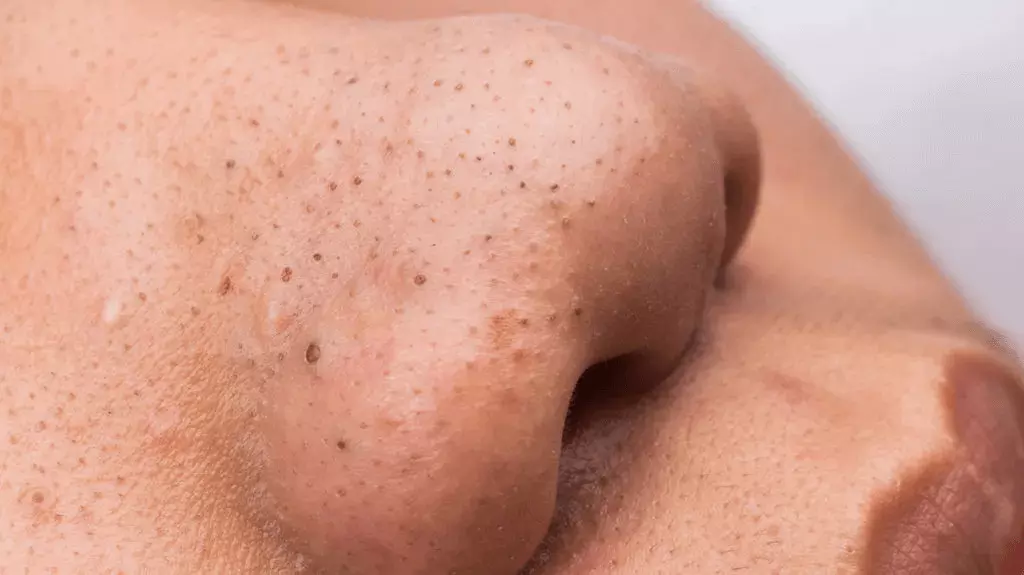Beware! If you have fever and your nose blackens, it could be Chikungunya
To prevent exacerbation of the skin pigmentation, the patients are advised to protect their skin from sunlight exposure
By Neelambaran A
Representational Image.
Telangana: A new mutated variant of Chikungunya is spreading fast in cities like Pune. A few cases are being reported from Telangana as well. Besides the typical symptoms and signs of Chikungunya, including high fever, severe joint pain, headache, fatigue, and skin rashes, the patients infected by the new mutated virus have hyperpigmentation over the face.
Even though the blackening around the nose disappears after some time, people have started panicking from this condition. This symptom was uncommon until recently for people suffering from Chikungunya.
Experts are recommending serology tests to identify Chikungunya as part of the fever profiling and effective mosquito control measures to prevent vector-borne diseases like dengue, malaria, and others.
Symptoms due to new variant
The number of Chikunguya cases across several Indian cities is increasing, particularly in Pune. Nearly 2,000 infections have been reported so far. The symptoms including joint pain persist for a prolonged period, but the blackening of the face has created anxiety among patients.
Dr Sonal Jain, general physician at Kamineni Hospitals, King Koti, Hyderabad said, “We have seen three such cases in the last week, with blackening of the skin in the face and particularly the nose after the viral fever has subsided. This is known as CHIK sign or brownie nose sign”.
Protect skin from further pigmentation.
To prevent exacerbation of the skin pigmentation, the patients are advised to protect their skin from sunlight exposure.
“Those with photosensitive skin can use masks, scarfs, sunscreen, or Lactocalamine to protect their skin from further pigmentation issues. Since there is no antidote for viral infections, we provide symptomatic treatment. Apart from the prolonged prevalence of pain, there is less risk due to the new variant of Chikungunya”, Dr Sonal added.
The patients are treated with paracetamol and advised to stay hydrated by drinking water, while people suffering from heart or kidney-related problems are directed to consume lesser quantity of water based on the severity of the disease.
Serology must be ensured
Patients, women in particular are suffering from prolonged joint pains, without knowing the reason while the blackening around the nose remains a disturbing factor.
“The post-viral arthralgia is severe among women and can continue up to 6 months. They visit us without knowing the actual reason for the continuation of the pain for such a long period. Hence, doing more serology tests is crucial to identify the cause, besides profiling of cases”, Dr Sonal added.
Mosquito control essential
To stay safe from any form of vector-borne diseases, including dengue, malaria, and chikungunya, the experts suggest effective mosquito control measures.
“Eliminate the breeding sites like stagnant water in pots, and buckets, cleaning clean water storage tanks, ensuring proper drainage in areas prone to water stagnation. We can use mosquito repellents containing DEET or picaridin on exposed skin and install physical barriers like mosquito nets on windows and doors, bed notes treated with insecticides and undertake chemical control”, Dr Sonal added.
Other suggested measures include biological control through the introduction of mosquito predators like fish in ponds and other water bodies and the use of biological larvicides like bacillus thuringiensis israelensis (a group of bacteria used as biological control agents for larvae stages).
“Creating awareness among the community in preventing water stagnation and environmental cleanliness and promoting collective efforts to ensure mosquito-free surroundings should be ensured”, Dr. Sonal said.